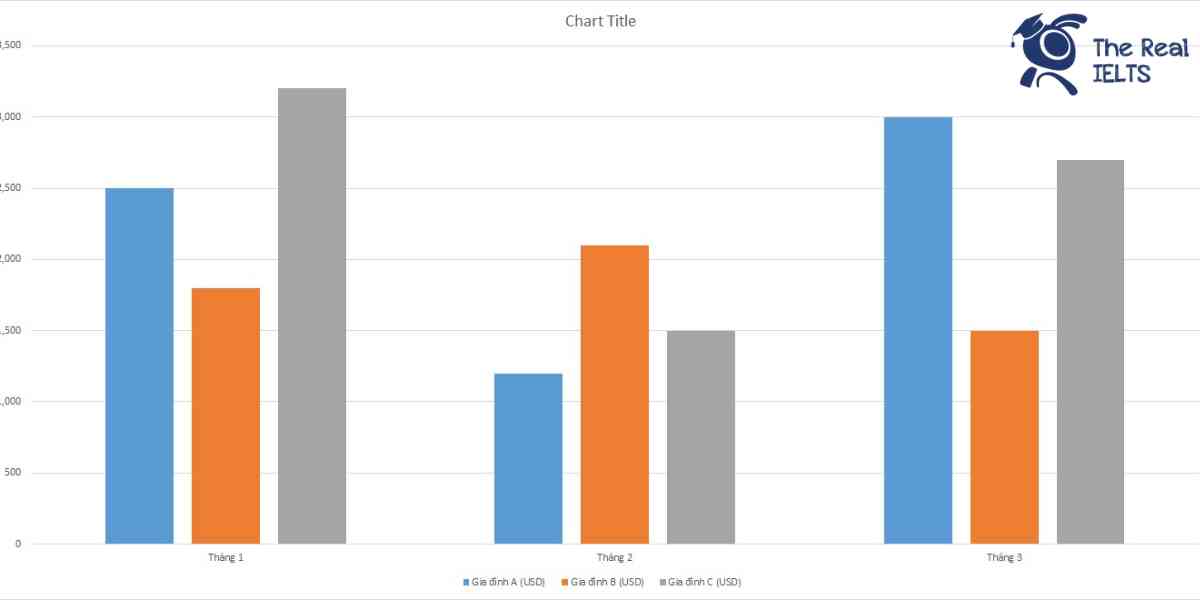Bài Listening có chủ đề về Tiền kỹ thuật số. Đây là chủ đề chưa có nhiều tuổi đời vì chủ đề Tiền kỹ thuật số chỉ xuất hiện trên mặt báo chí từ những năm 2016. Sau đây là bài Listening các bạn hãy luyện tập và nghe đi nghe lại.
Bài Listening
Questions
IELTS Listening Practice: The World of Cryptocurrency
Section 1: Understanding Basic Concepts
“Cryptocurrency is a form of digital or virtual currency that uses cryptography for security. Unlike traditional currencies issued by governments, cryptocurrencies operate on technology called blockchain. The most well-known cryptocurrency is Bitcoin, which was created in 2009 by an unknown person or group of people using the name Satoshi Nakamoto. Since then, thousands of alternative cryptocurrencies have been developed, such as Ethereum, Ripple, and Litecoin.”
Questions:
- What technology do cryptocurrencies operate on?
- Who created Bitcoin?
- Name two alternative cryptocurrencies mentioned in the audio.
Section 2: The Function of Blockchain
“Blockchain is a decentralized ledger of all transactions across a network of computers. When a transaction occurs, it is recorded in a block and then added to a chain of previous transactions, creating a chronological history. This technology ensures transparency and security as each block is linked to the previous one and cannot be altered without altering all subsequent blocks. This feature makes blockchain technology appealing for a variety of applications beyond cryptocurrencies, including supply chain management and voting systems.”
Questions:
- How are transactions recorded in blockchain technology?
- Why is blockchain considered secure?
- Besides cryptocurrencies, name one other application of blockchain mentioned in the audio.
Section 3: Advantages and Disadvantages of Cryptocurrencies
“Cryptocurrencies offer several advantages, such as lower transaction fees, faster transactions compared to traditional banking systems, and the potential for high returns on investment. However, they also come with significant risks and disadvantages. The market is highly volatile, with prices fluctuating rapidly. Additionally, the lack of regulation and potential for use in illegal activities make cryptocurrencies a controversial topic. Security concerns, such as hacking and loss of digital wallets, also pose significant challenges for users.”
Questions:
- Mention two advantages of using cryptocurrencies.
- What is one major risk associated with the cryptocurrency market?
- Why is the lack of regulation a disadvantage for cryptocurrencies?
Section 4: Future of Cryptocurrencies
“The future of cryptocurrencies is uncertain but promising. As more people become aware of and adopt digital currencies, their integration into the global financial system is expected to increase. Governments and financial institutions are exploring the possibility of creating their own digital currencies, which could offer the benefits of cryptocurrencies while maintaining regulatory oversight. However, the future will also depend on how well these new currencies can address the current challenges, such as security, regulation, and public trust.”
Questions:
- What is the expected trend for the integration of cryptocurrencies into the global financial system?
- What are governments and financial institutions considering in relation to digital currencies?
- What will the future of cryptocurrencies depend on?
Answers
- Blockchain technology.
- An unknown person or group of people using the name Satoshi Nakamoto.
- Ethereum and Ripple (also accept Litecoin).
- Transactions are recorded in a block, which is then added to a chain of previous transactions.
- Because each block is linked to the previous one and cannot be altered without altering all subsequent blocks.
- Supply chain management (also accept voting systems).
- Lower transaction fees and faster transactions.
- The market is highly volatile.
- Because it can lead to the use of cryptocurrencies in illegal activities.
- The integration of cryptocurrencies into the global financial system is expected to increase.
- Creating their own digital currencies.
- Addressing current challenges such as security, regulation, and public trust.
Audio Script
Section 1: Understanding Basic Concepts
“Cryptocurrency is a form of digital or virtual currency that uses cryptography for security. Unlike traditional currencies issued by governments, cryptocurrencies operate on technology called blockchain. The most well-known cryptocurrency is Bitcoin, which was created in 2009 by an unknown person or group of people using the name Satoshi Nakamoto. Since then, thousands of alternative cryptocurrencies have been developed, such as Ethereum, Ripple, and Litecoin.”
Section 2: The Function of Blockchain
“Blockchain is a decentralized ledger of all transactions across a network of computers. When a transaction occurs, it is recorded in a block and then added to a chain of previous transactions, creating a chronological history. This technology ensures transparency and security as each block is linked to the previous one and cannot be altered without altering all subsequent blocks. This feature makes blockchain technology appealing for a variety of applications beyond cryptocurrencies, including supply chain management and voting systems.”
Section 3: Advantages and Disadvantages of Cryptocurrencies
“Cryptocurrencies offer several advantages, such as lower transaction fees, faster transactions compared to traditional banking systems, and the potential for high returns on investment. However, they also come with significant risks and disadvantages. The market is highly volatile, with prices fluctuating rapidly. Additionally, the lack of regulation and potential for use in illegal activities make cryptocurrencies a controversial topic. Security concerns, such as hacking and loss of digital wallets, also pose significant challenges for users.”
Section 4: Future of Cryptocurrencies
“The future of cryptocurrencies is uncertain but promising. As more people become aware of and adopt digital currencies, their integration into the global financial system is expected to increase. Governments and financial institutions are exploring the possibility of creating their own digital currencies, which could offer the benefits of cryptocurrencies while maintaining regulatory oversight. However, the future will also depend on how well these new currencies can address the current challenges, such as security, regulation, and public trust.”
Học lại bài cũ: Bài tập Listening 39: The Evolution of Language.















